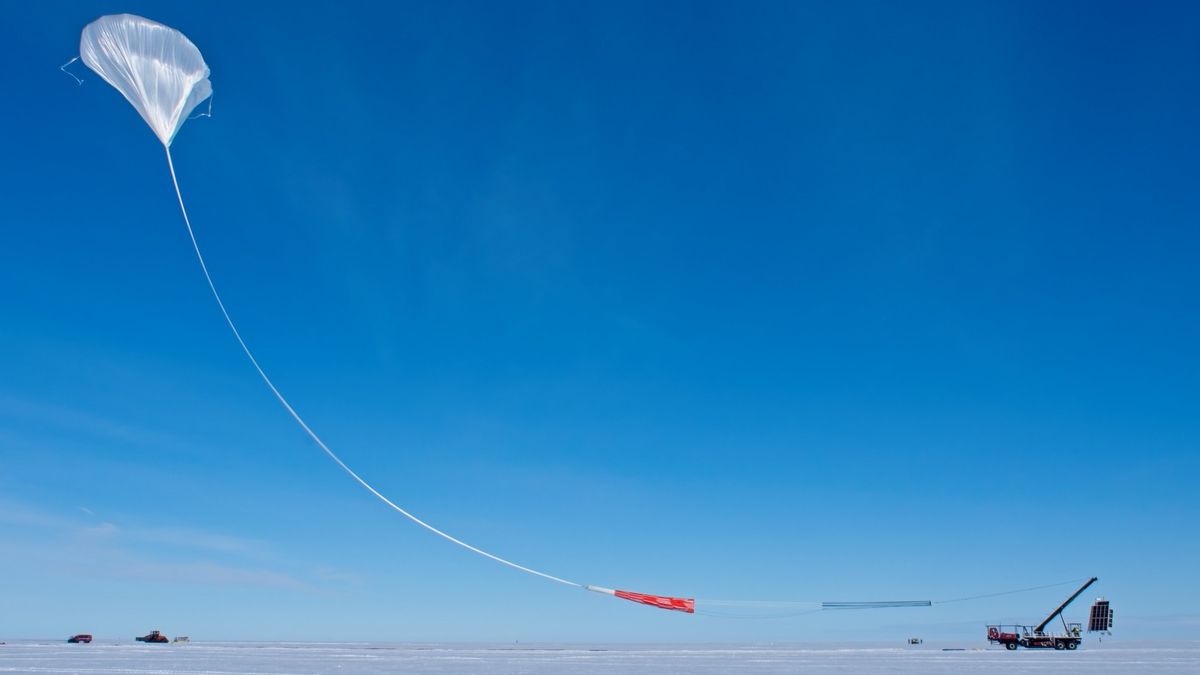The Galactic/Extragalactic ULDB Spectroscopic Terahertz Observatory (GUSTO), a NASA scientific experiment launched on the Antarctic, successfully broke the record on Saturday, February 24.
The scientific balloon bagged the longest flight record with 50 days, one hour, and 34 minutes. This record shifts the position of Super Trans-Iron Galactic Element Recorder (SUPER-TIGER), the scientific balloon mission launched in December 2012.
According to NASA's Balloon Program Office Head Andrew Hamilton, this record was achieved due to support from several parties such as the operating team, balloon manufacturer Aerostar, National Science Foundation (NSF), and NASA's Mission Management team.
"Everything plays an important role in the success of this mission which really demonstrates the ability and value of Long Duration Ballooning to the Scientific community," Hamilton said, quoted by VOI from NASA's official blog on Tuesday, February 27.
Apart from being supported by several parties, Hamilton believes that GUSTO is able to survive in the sky due to the health of balloons and stratosphere winds. "Wind in the stratosphere is very supportive and provides stable conditions for long-term flights."
SEE ALSO:
GUSTO was launched on December 31 from the Long-Durch Balong Camp, Antactica. Despite breaking records, this balloon is still flying around the South Pole. Currently, GUSTO is at an altitude of 125,000 feet or 38.1 kilometers.
As long as it surrounds the Space, these scientific balloons map out the Milky Way galaxies and the Large Magellanic Clouds surrounding them. Balloons with sensitive detectors will also measure carbon, oxygen and nitrogen emission lines to study the interstellar life cycle.
The plan, GUSTO will be on duty for 60 days. After passing the specified schedule, the balloon with the telescope will be allowed to fly as long as possible. If possible, GUSTO will continue to demonstrate the technology it carries.
The English, Chinese, Japanese, Arabic, and French versions are automatically generated by the AI. So there may still be inaccuracies in translating, please always see Indonesian as our main language. (system supported by DigitalSiber.id)















